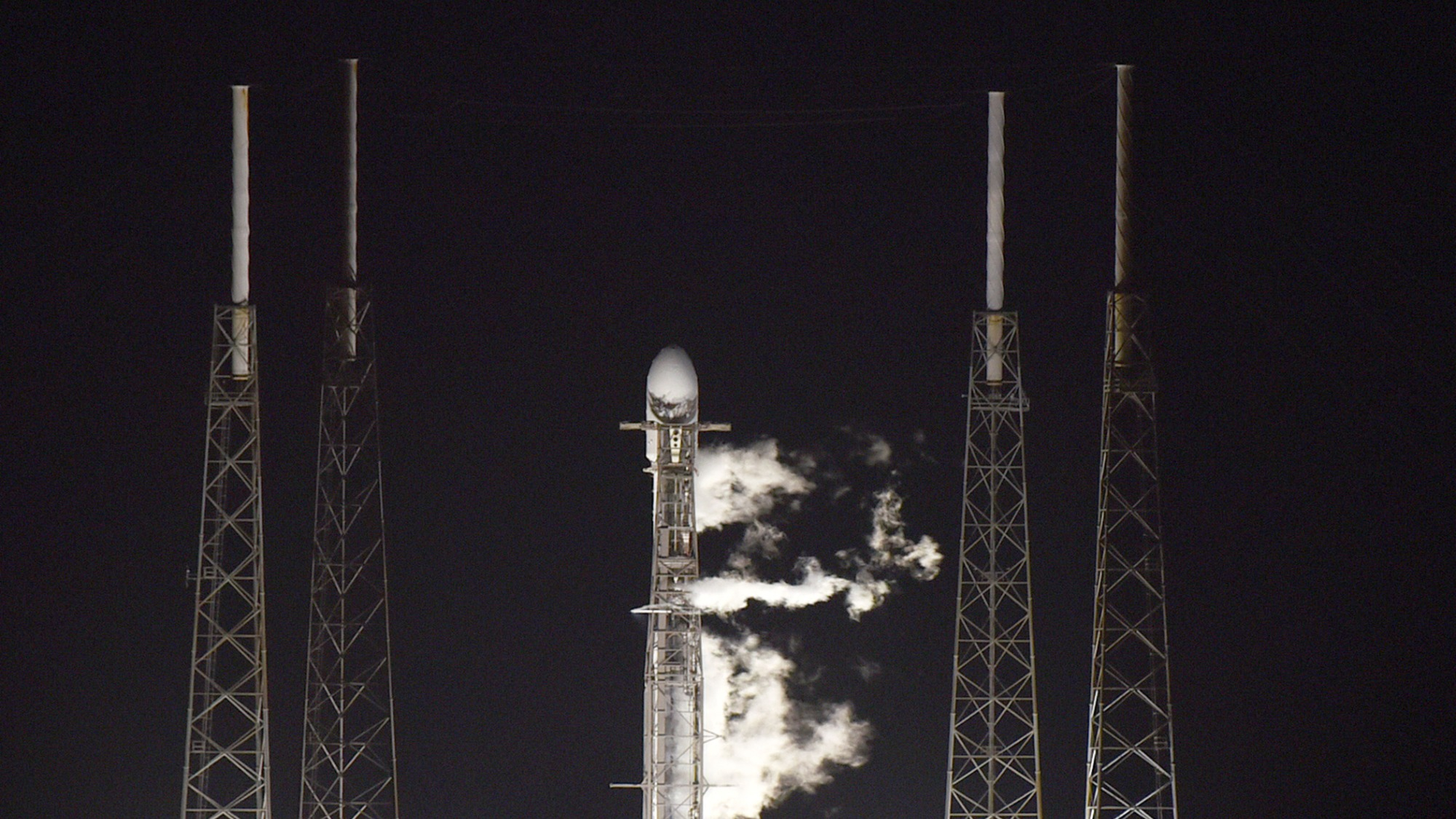

A commercial lunar rover, developed by the private Japanese company ispace in partnership with the United Arab Emirates, appears to have failed to achieve a soft lunar landing, and is presumed to have crashed on the moon’s surface. The mission’s apparent conclusion comes after four-month, 239,000 mile sojourn, and if successful, could have signaled a new era of lunar exploration.
“We have to assume that we could not complete the landing on the lunar surface,” ispace CEO Takeshi Hakamada said during the company’s livestream.
Launched aboard a SpaceX Falcon 9 rocket on December 11, ispace’s Hakuto-R lander attempted to make a soft landing (i.e. not crash) inside the Atlas Crater located on the southeastern edge of the moon’s Mare Frigoris, or the “Sea of Cold” just before 1pm EST. The ispace team failed to subsequently establish communication with the lander, and as of writing, remains unable to do so.
“Recognizing the possibility of an anomaly during the mission, the results will be weighed and evaluated against the criteria and incorporated into future missions already in development between now and 2025,” the company said in an announcement shortly following its December 11 launch aboard the SpaceX Falcon 9.
Had it been a success, the UAE’s 22-pound Rashid rover would have deployed for a 14-day lunar daytime survey of the area. According to the European Space Agency—which aided in designing the rover’s wheels, and will provide lander communications for ispace—the rover would have documented its trip via two high resolution cameras alongside both a microscopic and thermal imaging camera. Rashid also boasted a “Langmuir probe” intended to “sample the plasma environment prevailing just above the lunar surface,” per the ESA.
[Related: ispace’s private lander might be the first to touch down on the moon.]
As CNN notes, only the US, China, and the former Soviet Union have ever successfully pulled off a controlled moon landing. America still remains the only nation to place humans on the moon’s surface. In 2019, the Israeli private space company SpaceIL attempted what would have been the first commercial moon soft landing with its Beresheet robotic lander. Beresheet’s engine failed during its descent approximately four miles above the lunar surface.
The hoped-for success of ispace’s Hakuto-R could have presented literal and figurative uncharted territory for both Earthbound nations and their moon. Alongside NASA astronauts’ impending return via the Artemis program ahead of hopes for a permanent lunar base, many space law experts are rushing to establish a new set of regulations to protect the lunar environment, as well as historic spaces like the Apollo 11 landing site.

